
Historical accuracy matters more than ever in our polarised world
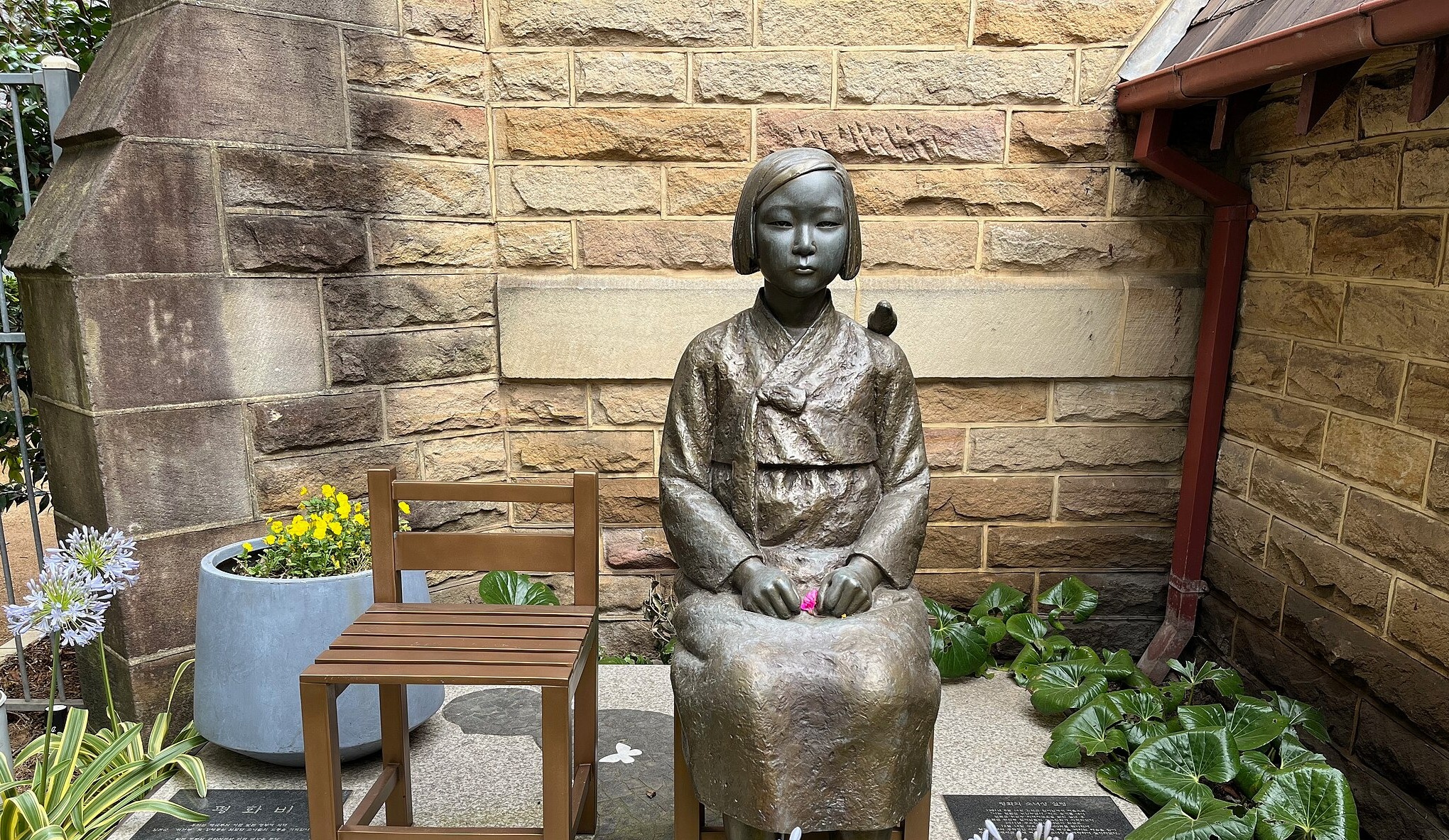
From Comfort Women memorials to researchers facing court battles, telling difficult histories is becoming a complex balancing act
Published 24 September 2025
This year marks 80 years since the end of the Second World War – and with it, the end of the Pacific War.
It’s an anniversary that’s been marked with much fanfare, including the recent military parade of the People’s Republic of China, which included prominent appearances from both the Russian and North Korean leaders.
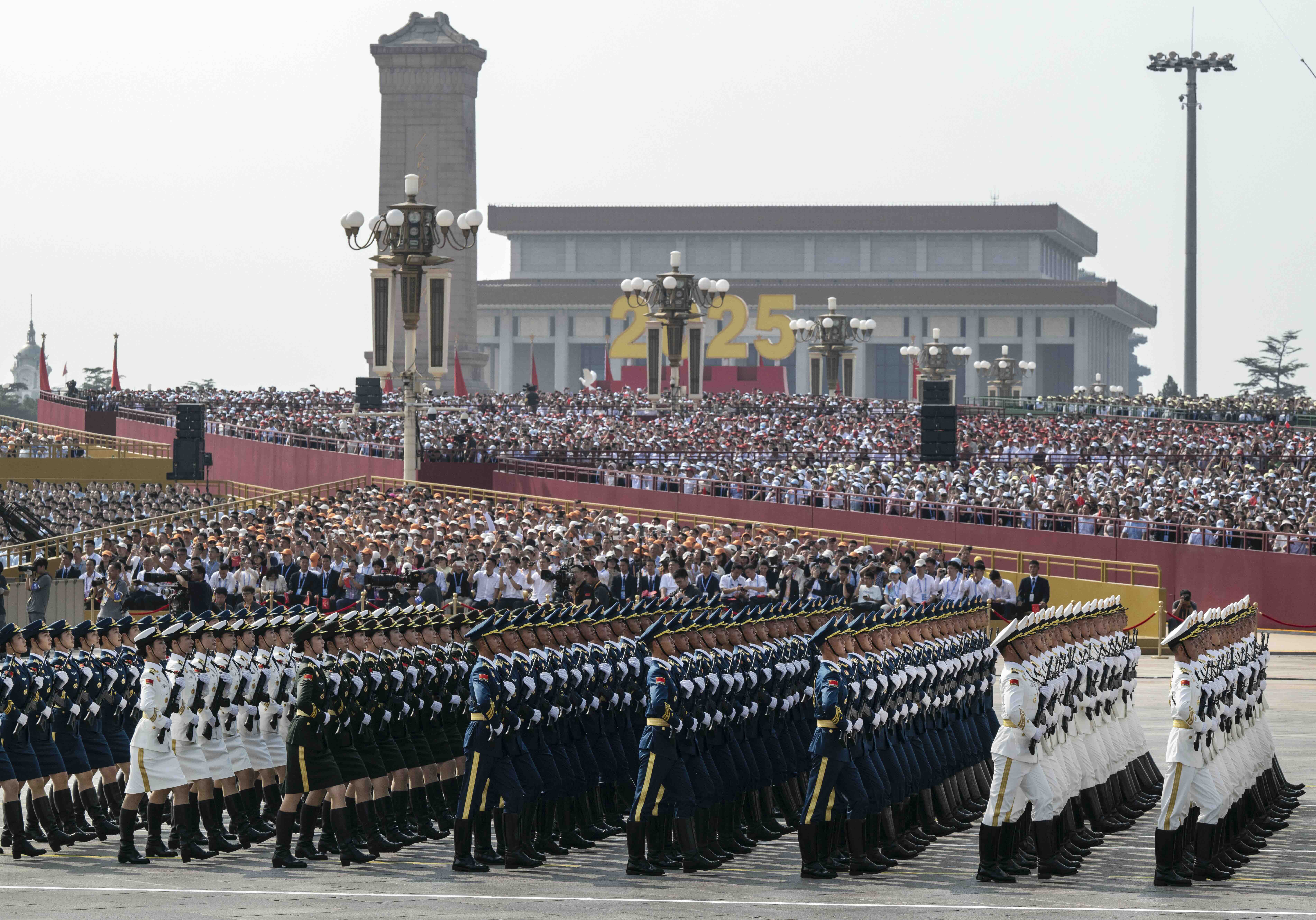
Much of the rhetoric around this event focused on the Chinese people’s overcoming of Imperial Japanese invasion and colonisation.
This idea was later challenged by US President Donald J. Trump for making no mention of American efforts during the Pacific War against the Japanese Empire.
As the world is thrown into increasingly uncertain times with ideological and political instability, there is an ever-growing risk of misinformation.
On top of this, the uptake and use of artificial intelligence means that the public, reporters and academics must take extra caution when navigating information.
And within this context, history, as clichéd as it may sound, is rarely black and white.

Every word matters
When dealing with controversial topics like, for example, the Comfort Women – that is, women and girls coerced into sexual slavery by the Imperial Japanese Armed Forces in occupied countries and territories – we should try to also consider the broader political contexts, global dynamics and national agendas.
Navigating ‘controversy’ within East Asia (in Japan, Korea and China, in particular) is challenging.
Part of my research focuses on how translators are often ‘caught in the middle’, having to consider issues like ethics (including their own, if they have the agency), risk management and the importance of language as they work.
If we look at the issue of Comfort Women, in translation and otherwise, the very word can vastly differ – ranging from sex slave to military prostitute, to Comfort Women (without quotes) to “Comfort Women”.
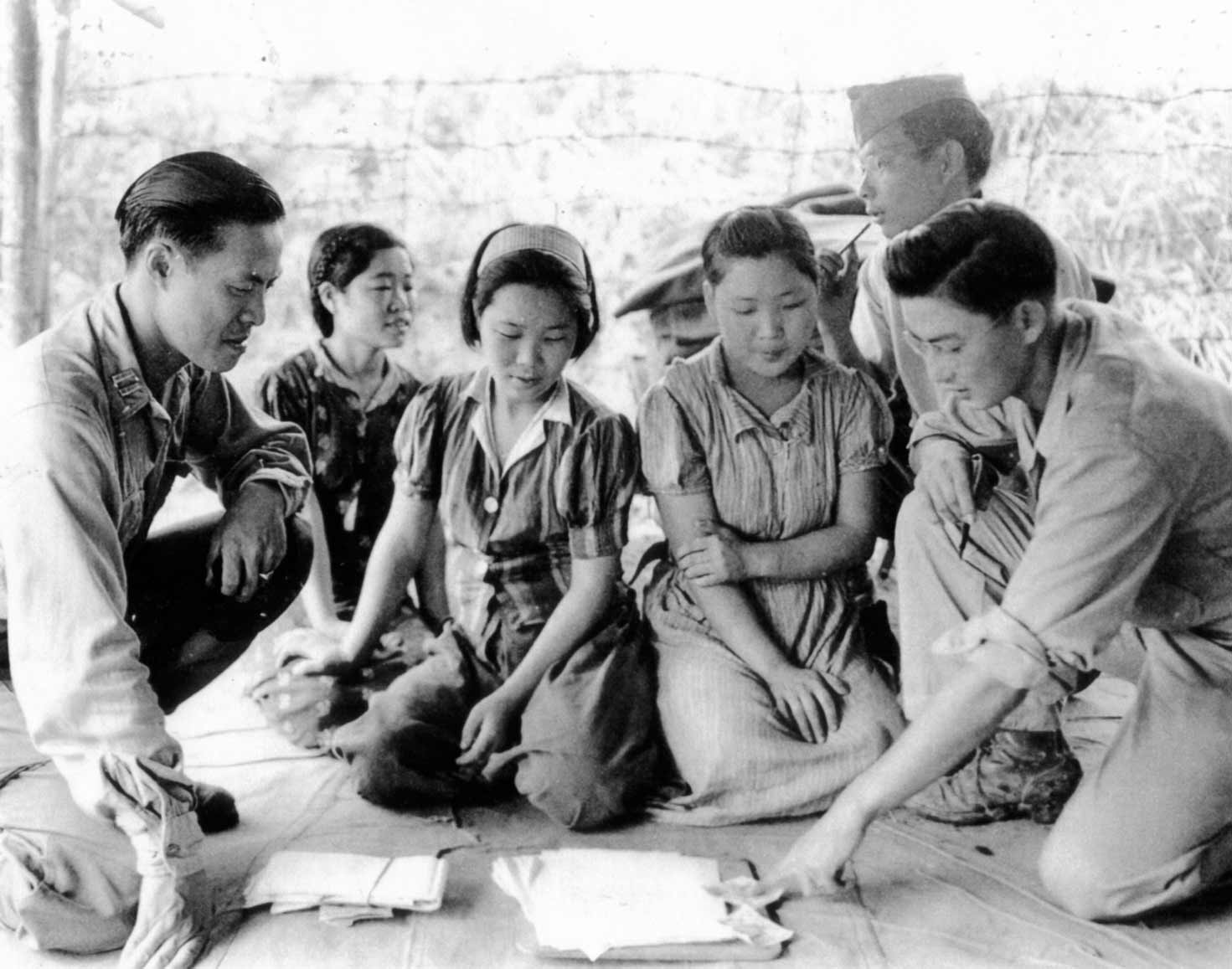
In this article, I’m using the term Comfort Women as this is the original, historical term.
When we consider how nuanced and complex the issues of Comfort Women are, even the simplest efforts to shed light on the topic, like writing a commemorative article, can lead to misinformation.
This can lead to renewed unrest among otherwise peaceful communities. And this is relevant in Australia.
A reminder of the past
Recently, the ABC produced Chinese and English-language editorials about an Australian Chinese community group that has advocated for a commemorative bronze statue depicting a young Chinese girl in memory of Chinese Comfort Women.
Initially, the group wanted the statue displayed alongside a 2019 South Korean statue erected in front of the Korean Society of Victoria (KSV) hall in Huntingdale, Victoria. This was the second memorial in Australia following the installation of another in Sydney in 2016.

Arts & Culture
Digital ‘history machines’ are never politically neutral
In 2024, the KSV held a vote regarding the location of the Chinese statue, with a majority of members voting against the proposal.
In another recent article, an anonymous member of the KSV voiced concern about the Korean statue, noting that it “stirs up a lot of emotions that are understandably still there for many, and there are some in the community that acknowledge that but don’t want to have that presentation there every day to remind us of the past”.
The Consul-General of Japan in Melbourne was asked to comment on the issue and produced a letter outlining the Japanese Government’s efforts.
Over the years, this has included formal apologies issued by successive prime ministers, the establishment of the Asian Women’s Fund in the 1990s, and the 2015 bilateral agreement with the South Korean government that explicitly noted that it was the “final and irreversible resolution” of the matter.
What many articles often overlook is the often complex and nuanced nature of history.
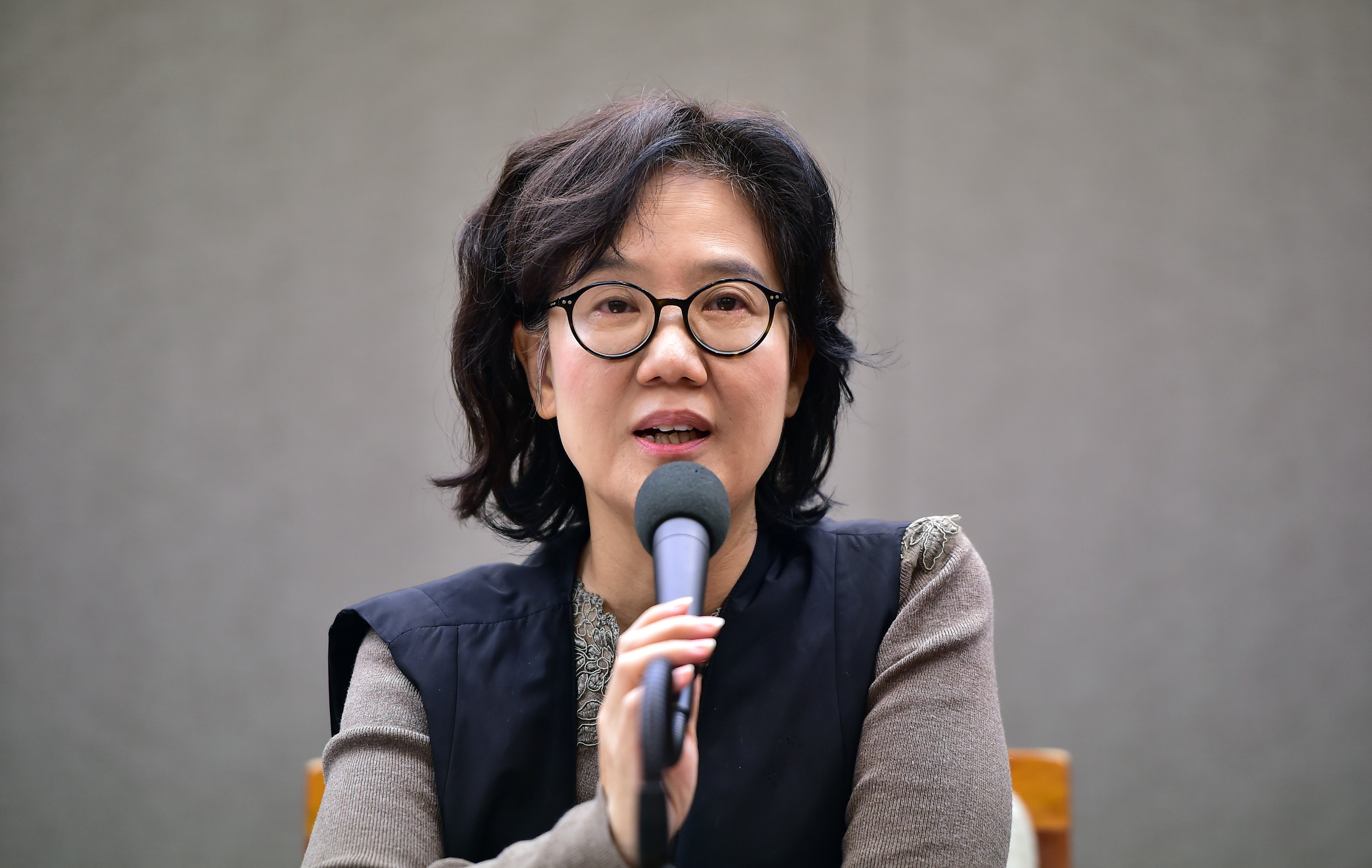
The wider lens of humanity
The suffering of these women involved is unquestionable, but research has shown that their experiences were not uniform.
Researchers, including Professor Yuha Park from Sejong University in South Korea (who faced legal proceedings over her work, eventually winning), have presented comprehensive evidence that suggests that, alongside undeniable cases of rape and enslavement of women on the battlefield, some women under the Imperial Comfort Women system worked in different conditions.
Her research found that these women, some of whom were coerced by their families and Korean recruiters, received regular payment with some even managing to send money home to support their families – findings that complicate, but do not diminish, the trauma they endured.
Another reality is that this system also included a large number of mainland Japanese women, whose vulnerability and exploitation remind us that this was not simply a matter of national identity, but of gender, power and war.

Arts & Culture
Is K-Pop going K-aput?
Recognising their experiences through a wider lens of humanity broadens, rather than diminishes, our empathy.
While there are revisionists and outright deniers, Comfort Women are the victims.
The 2015 bilateral agreement saw Japan compensate former Comfort Women through a one billion yen fund (around $US8.3 million at the time) provided by the Japanese government to support surviving victims, alongside an official apology by then-Prime Minister, Shinzo Abe.
South Korea’s newly elected leader, President Lee Jae Myung, has taken what he calls a “pragmatic diplomacy” stance.
He recently met with his Japanese counterpart, Prime Minister Ishiba Shigeru, making him the first South Korean president to have visited Japan before visiting the US since the normalisation of Japan-South Korea relations in 1965.
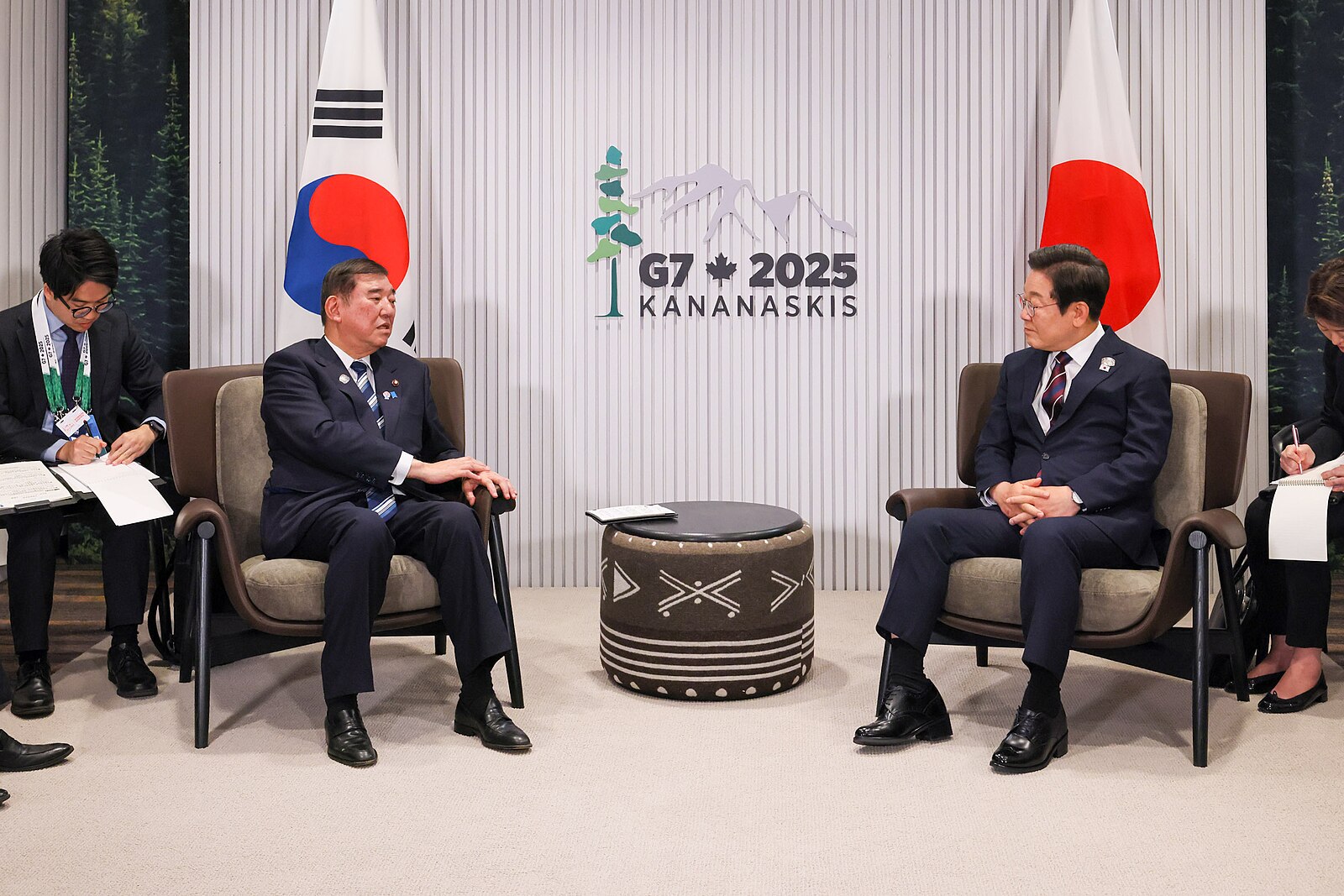
President Lee says he has no plans to withdraw from the 2015 agreement with Japan and that South Korea would be working hard to strengthen bilateral ties, foster mutual trust, and encourage cooperation in areas including security, trade and cultural exchange, while maintaining sensitivity to historical issues.
A difficult environment for truth
In 2025, we find ourselves in a time engulfed in global unrest and increasingly polarised ideologies of the political spectrum.
It’s an exceedingly difficult environment for getting to the truth – one that comes at a high risk of (intended or unintended) misinformation, political persecution and scapegoating.

Researchers, like Professor Park, whose work does not align with often polarising ideologies, can find themselves in a precarious position.
That her scholarship was tested in court underscores both the raw wounds still felt by survivors and the importance of continuing to engage with their stories with empathy and respect.
As the United States shifts its strategic focus inwards and away from localised engagements, there is the prospect that countries like South Korea, Japan and Australia are subject to large regional powers’ attempting to exercise their own influence in the region.
An opportunity we’re seeing the People’s Republic of China seize.
It’s in this context that we have to exercise vigilance when engaging with controversial issues, as the truth is not always straightforward.
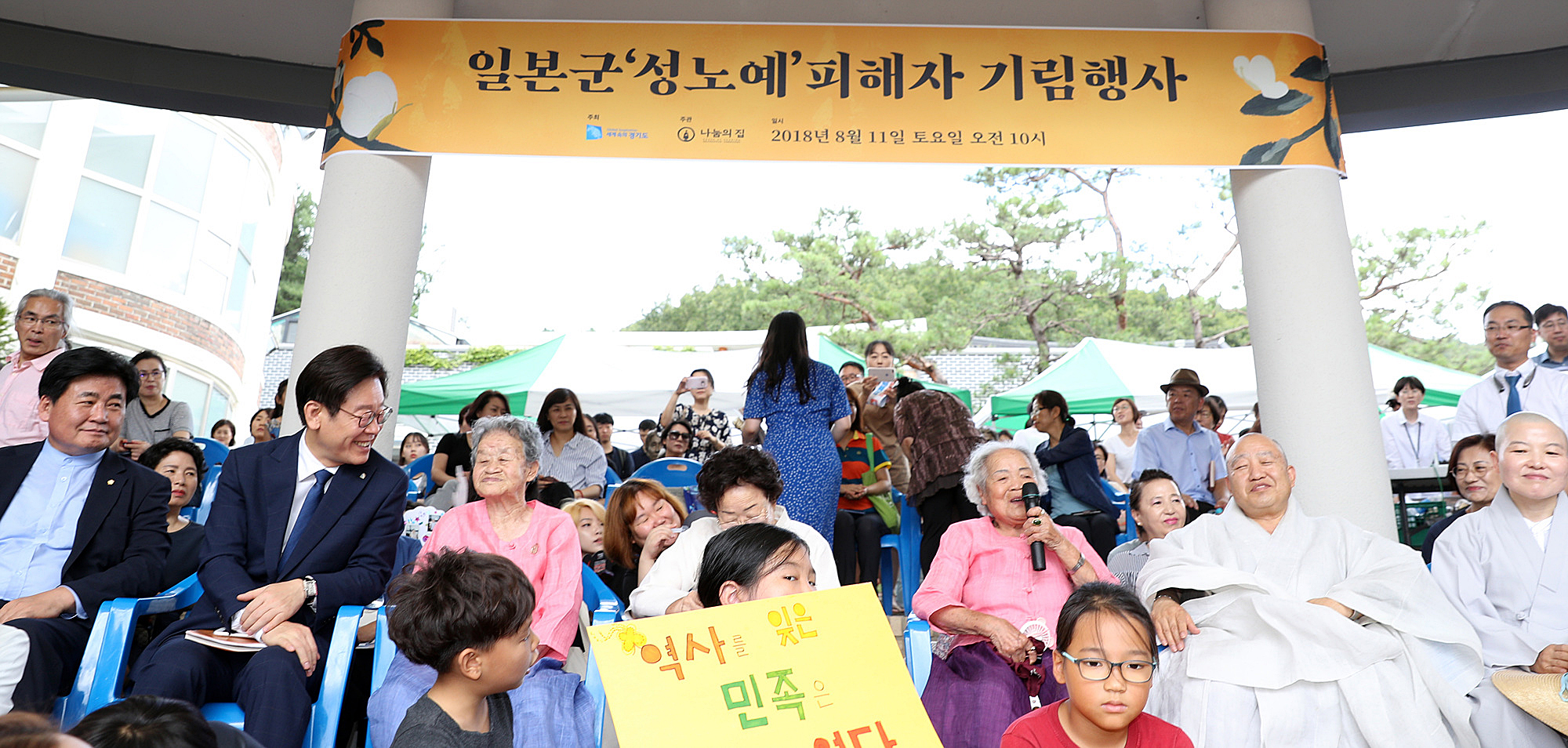
Ultimately, navigating controversy requires more than just choosing sides or repeating convenient narratives.
It demands careful engagement with history, sensitivity to victims, and awareness of how present-day politics shape memory.
While the truth is rarely simple, responsible and carefully researched reporting can help us move beyond polarisation.
In doing so, we may not resolve every dispute, but we can at least create the conditions for understanding where history can serve as a foundation for learning – rather than a tool for division.
